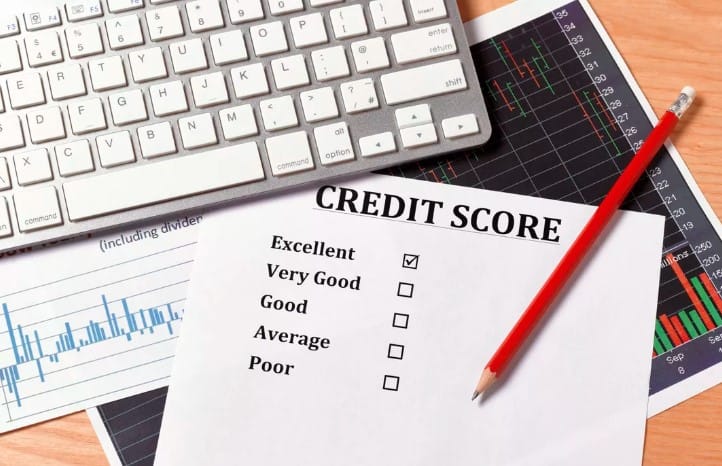A solid credit score is required to rent an apartment, buy a home or a car or move toward many other financial milestones. But given the complexity of credit scores — and how they’re calculated — fabrications, myths and half-truths about them exist. Maybe your mom told you that checking your credit score will cause it to drop. (It won’t.) Perhaps you think your income influences your score. (It doesn’t.)
Whether you’re taking the first steps on your credit journey, trying to repair your credit score or maintain your top-notch standing, it’s important to know the facts. Let’s bust a few of the most pervasive credit myths.
1. Myth: Checking your credit hurts your credit score
There are plenty of resources for checking your credit score and report for free. They include AnnualCreditReport.com, Mint, Credit Karma, your credit card issuer and your bank. All of them are free — and none of them should cause your credit score to drop.
There is a credit check that can lower — temporarily, usually — your score, however. When you apply for a mortgage or loan, you’re usually required to give lenders permission to check your credit. Referred to as a “hard credit check,” this type of inquiry can cause your credit score to dip. Most lenders will provide you with a copy of your report so you can see what they see.
2. Myth: A limited credit history will prevent you from obtaining a loan or mortgage
It’s a vicious loop: It can be hard to build credit without already having credit. But a limited credit history doesn’t automatically disqualify you from getting approved for some credit cards and loans.
Of course, having a long and consistent credit history and high credit score makes getting more credit easier. But you can still get some credit with little or no credit. If you’re an undergraduate applying for a federal student loan, for example, there’s no credit check and no cosigner required — even if your credit score is low. And many banks and lenders offer secured credit cards for borrowers with little or no credit history. This lets you put a deposit down that acts as your credit limit, even though you’re still using the credit card like normal and borrowing money from your issuer. Make sure your secured card reports to the major credit bureaus to showcase your responsible credit use.
3. Myth: Your job and education affect your score
There are plenty of variations on this theme: Your socioeconomic and education level dictate your creditworthiness, your income affects your score, your job affects your score, your education level affects your score, and the list goes on. None of these affect your credit score, because none of these people, company or things report to major credit bureaus.
4. Myth: Bankruptcy will get you out of debt
There are a few different types of bankruptcy. For most consumers, chapter 7 and chapter 13 are two of the most common ones.
Chapter 7: Known as liquidation bankruptcy, this process is designed for people with limited assets and income who can’t pay back some or all of their debt. When you file for Chapter 7, your belongings are sold off and a bankruptcy court decides how to allocate the proceeds. Some of your debt may be paid off and some may be discharged, or forgiven. It can take a few months for your bankruptcy to be discharged.
Chapter 13: This process lets you keep your assets, including your home and car. A court sets up a structured plan for you to repay your debts, though some portion of it may be reduced or discharged. Depending on how much you owe, the process could take years.
Though some bankruptcy processes can eliminate some of your debt, you won’t have a choice on which specific debts you’ll have to repay. And it’s important to note that filing for bankruptcy should be a last resort: It can remain on your credit report for up to 10 years and make it difficult to get credit in the future.
5. Myth: Closing an account boosts your credit score
It’s not always a good financial move to close a rarely used credit card account. Credit scoring models consider not only your credit mix and the types of credit you have but also your credit utilization — the amount of credit you owe in relation to your total credit limit. When you close an account, you reduce your total available credit and your credit utilization ratio increases. And, in most cases, the higher your credit utilization, the lower your credit score.
Factors that do affect your score
Your credit score is determined mostly by on-time payments and keeping your credit use low. If you spend less than you earn and pay off your balances every month, your credit score will reflect your strong responsibility with credit. A few things that affect your score:
- Mortgage payments
- Auto loans
- Student loans (federal and private)
- Personal loans
- Credit card payments
If you don’t have strong credit through the list above, you can request phone and utility bills to get added to your credit score. Experian Boost will showcase these bills to increase your credit score.

